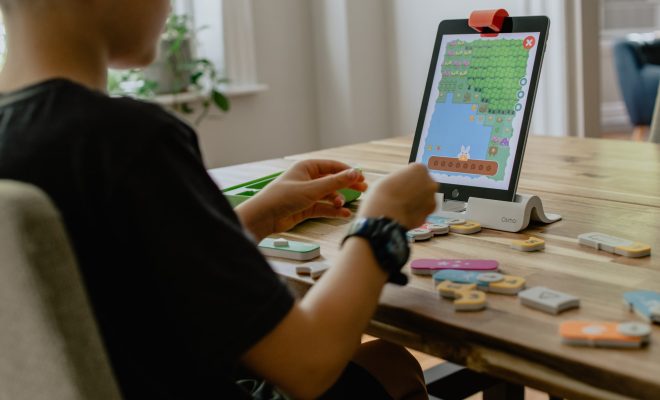17 Strategies to Help Students Who Have Trouble Starting Learning Experiences

Are you looking for strategies to help students who have trouble starting learning experiences? If so, keep reading.
1. Organize their surroundings to give the learner increased chances for help or assistance.
2. Minimize distracting stimuli (e.g., place the learner on the front row, give a table or “office” space away from distractions, etc.). This should be used as a way to lessen distractions, not as a punishment.
3. Get the learner to keep a record (e.g., chart or graph) of their performance in trying new tasks/learning activities.
4. Connect clearly to the learner when it is time to begin.
5. Get the learner to time learning activities to monitor personal behavior and accept time limits.
6. Show the task in the most exciting and attractive manner possible.
7. Provide mobility to assist the learner.
8. Organize time units so the learner knows how long they have to work and when the work must be finished.
9. Give the learner more than enough time to finish a learning experience. As the learner shows success, slowly decrease the amount of time given to finish a learning experience.
10. Provide instructions in an assortment of ways to enable the learner’s comprehension (e.g., if the learner fails to understand oral instructions, present them in written form).
11. Get the learner to repeat the instructions orally to the teacher.
12. Organize their surroundings to give the learner increased chances for help or assistance on academic tasks (e.g., peer tutoring, instructions for work sent home, frequent interactions, etc.).
13. Provide a signal (e.g., clapping hands, turning lights off and on, etc.) before giving oral instructions.
14. Give the learner a predetermined signal (e.g., turning lights off and on, hand signals, etc.) when they are not beginning a task.
15. Inform the learner that instructions will only be given once.
16. Rewrite instructions at a lower reading level.
17. Consider using assistive technology designed to help students to attention deficit hyperactivity disorder concentrate. Click here to view list of assistive technology apps that we recommend.






